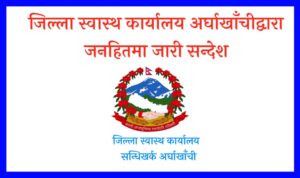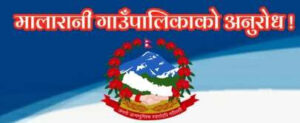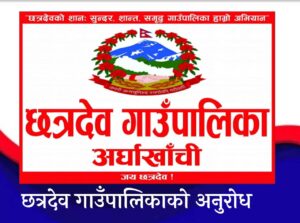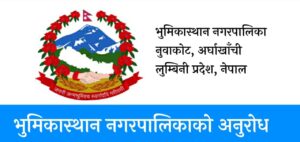Anil Giri
Kathmandu – President Bidya Devi Bhandari, who has been accused by the ruling parties of shirking her constitutional duty after she sat on a citizenship bill, has counter-accused the government of violating the constitution.
The President’s Office on Friday wrote to the Office of the Prime Minister and Council of Ministers to adhere to Article 81 of the constitution that requires the Prime Minister to inform the President about Cabinet decisions.
During Friday’s cabinet meeting, the government’s chief secretary, Shankar Das Bairagi, read out the letter sent by the President’s Office that has asked the government to adhere to Article 81 of the constitution.
The Article reads, “The Prime Minister shall inform the President about the following matters: (a) Resolutions (decisions) of the Council of Ministers, (b) Bills to be introduced in the Federal Parliament, (c) Other necessary information as commanded by the President on matters set forth in clauses a and b, (d) Current general state of affairs of Nepal and matters concerning foreign relations.”
After the chief secretary read out the President’s letter, ministers were puzzled and took it as a retaliatory move by the President after she was accused of breaching the constitution, said a minister requesting anonymity.
“Probably the Prime Minister was doing the same for the last 14 months since his appointment, but the President’s Office had never reminded the government to abide by the Constitution. Probably the President has taken a retaliatory approach now after she was accused of violating the constitution,” the minister told the Post.
This week President Bhandari sat on a bill on amending the Citizenship Act that was twice passed by both houses of Parliament and forwarded to her for authentication, allowing the 15-day deadline given by the constitution to lapse.
The ruling alliance swiftly criticized the President’s refusal to authenticate the bill as an “unconstitutional move”.
Besides ignoring the bill, the President also sent her recorded statement to a Beijing-led Global Security Initiative (GSI) event this week snubbing the government’s advice not to do so. The government had urged the President to avoid the event saying Nepal is not yet part of the GSI, a China-led military alliance.
Meanwhile, defending the President’s letter to the Cabinet, Tika Dhakal, expert advisor to the President on Information and Communication, said, “How can they [the ruling alliance and the Prime Minister] accuse the President of violating the constitution when they themselves are not adhering to the constitution? Does the Prime Minister regularly brief the President on Cabinet decisions? No.”
When KP Oli was Prime Minister he would regularly brief the President on government decisions, according to Dhakal.
Also, during her recent interactions with people from various walks of life, President Bhandari had complained that the Prime Minister was not briefing her on domestic and foreign affairs regularly.
But government officials claimed that Prime Minister Deuba has been regularly giving updates to the President and all Cabinet decisions are regularly sent to Sheetal Niwas.
But not all governments had followed the constitutional provision strictly. Officials who worked at Sheetal Niwas when Ram Baran Yadav was the President, said the then government would not regularly inform him of Cabinet decisions. “It depends upon who is the Prime Minister,” a former Sheetal Niwas official said, adding, “But whenever the government made important decisions, the President would be apprised by the Prime Minister.”
Journalist Rajendra Dahal, who served as advisor to President Yadav, argues that it is not possible and practical for a Prime Minister to apprise the President of each and every decision of the government.
“Even during the monarchy, prime ministers would visit the Palace once a week to inform the king about major decisions of the government. But if the President feels the need, then he/she can call the prime minister and ask. It is the chief secretary, who regularly sends copies of government decisions to the President,” said Dahal.
While President Bhandari’s advisor Dhakal said the government itself has not been respecting the constitution, government spokesperson and Minister for Information and Communication Gyanendra Bahadur Karki dismissed the allegation and claimed the government has regularly been briefing the President’s Office on Cabinet decisions. “What the President’s Office has claimed is not true. The Prime Minister has been meeting the President regularly and informing her about key decisions,” Karki told the Post.




